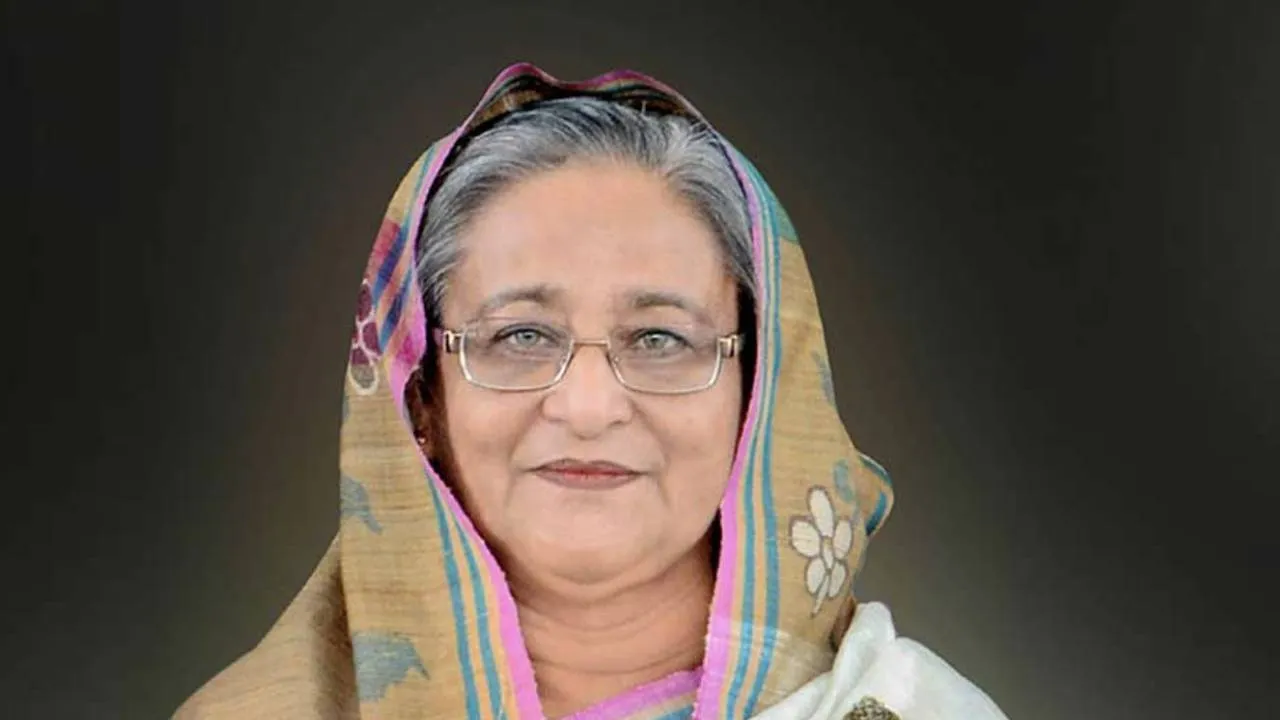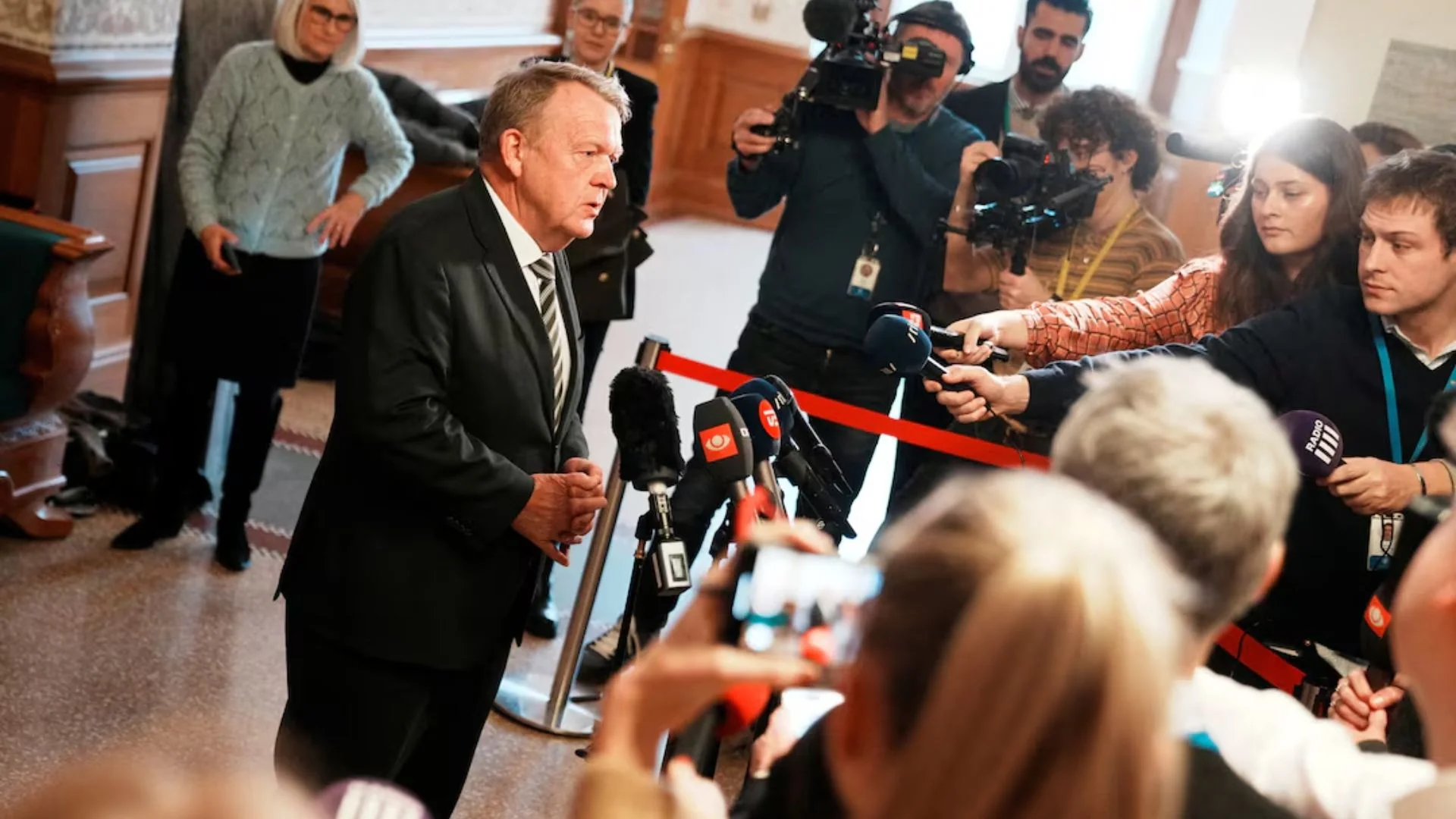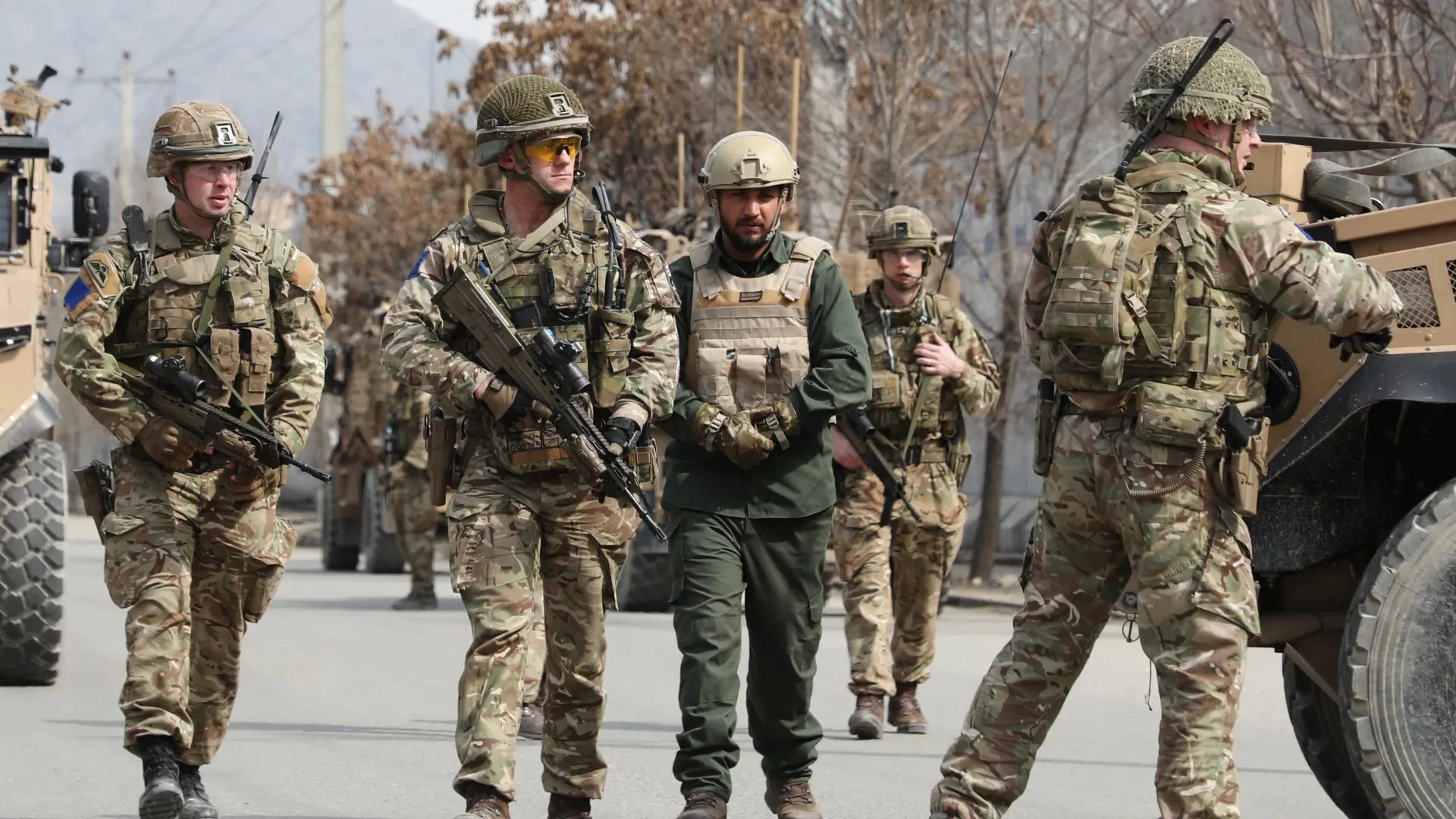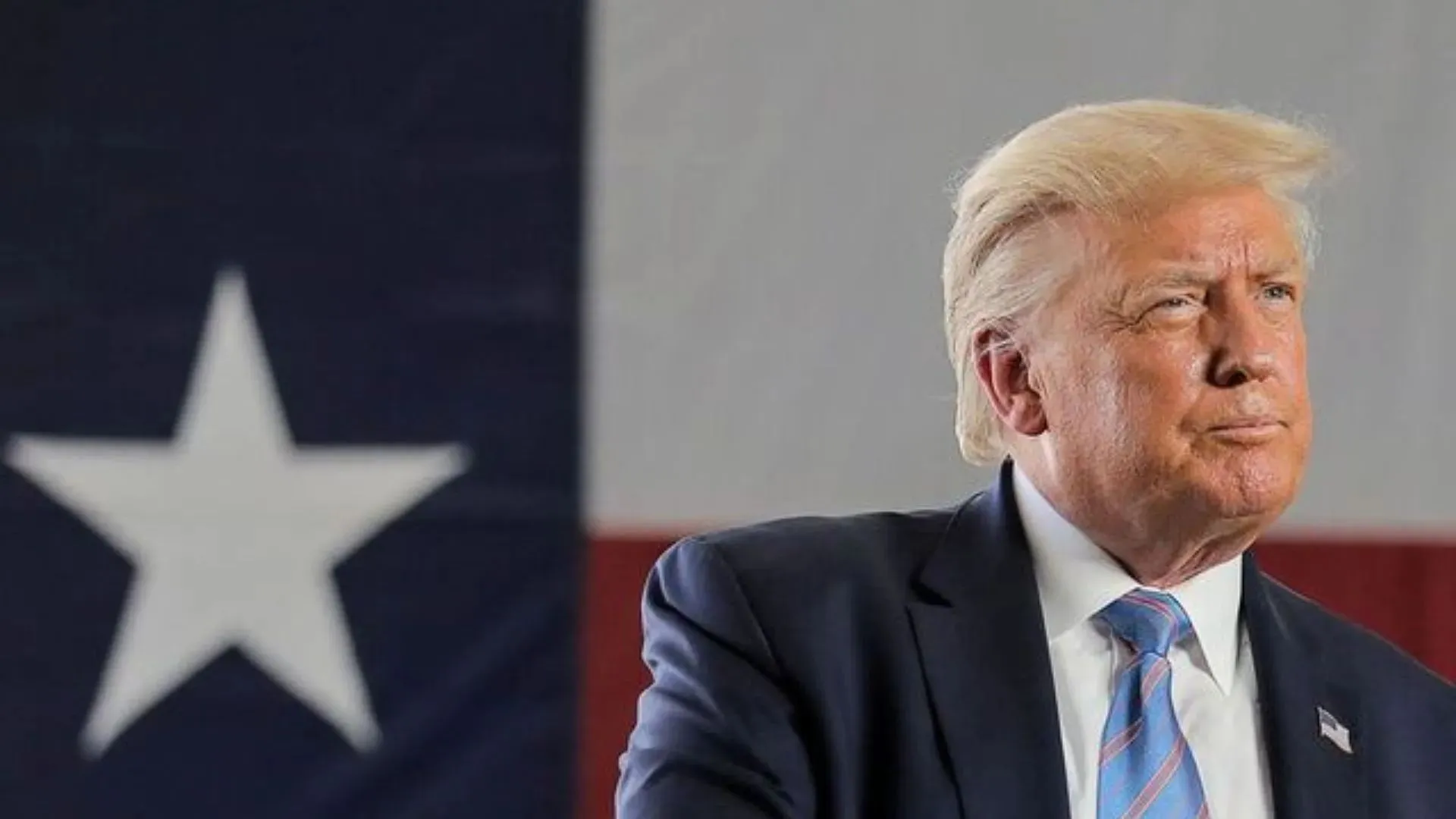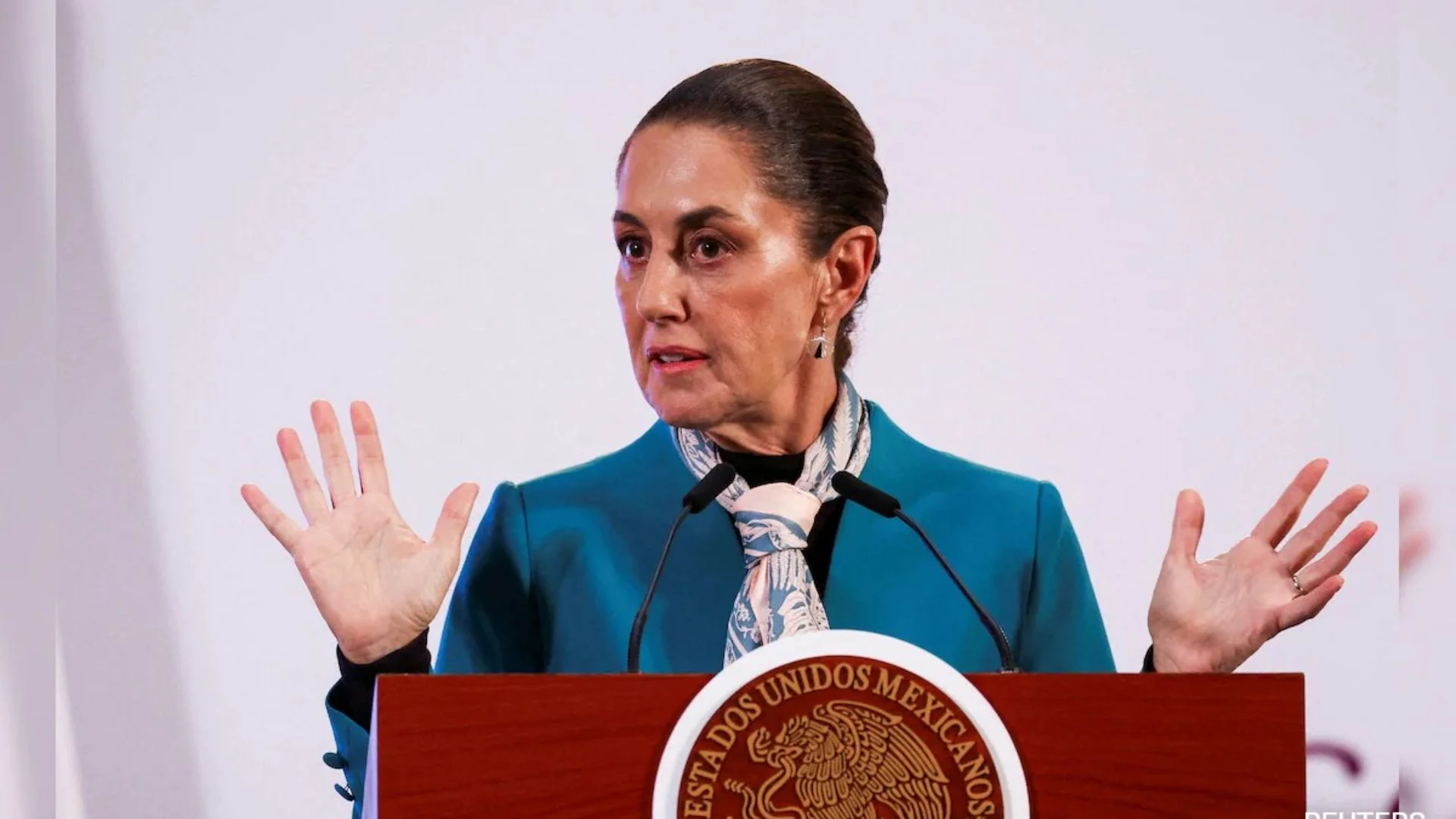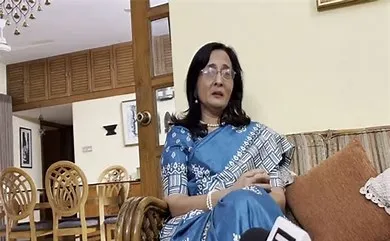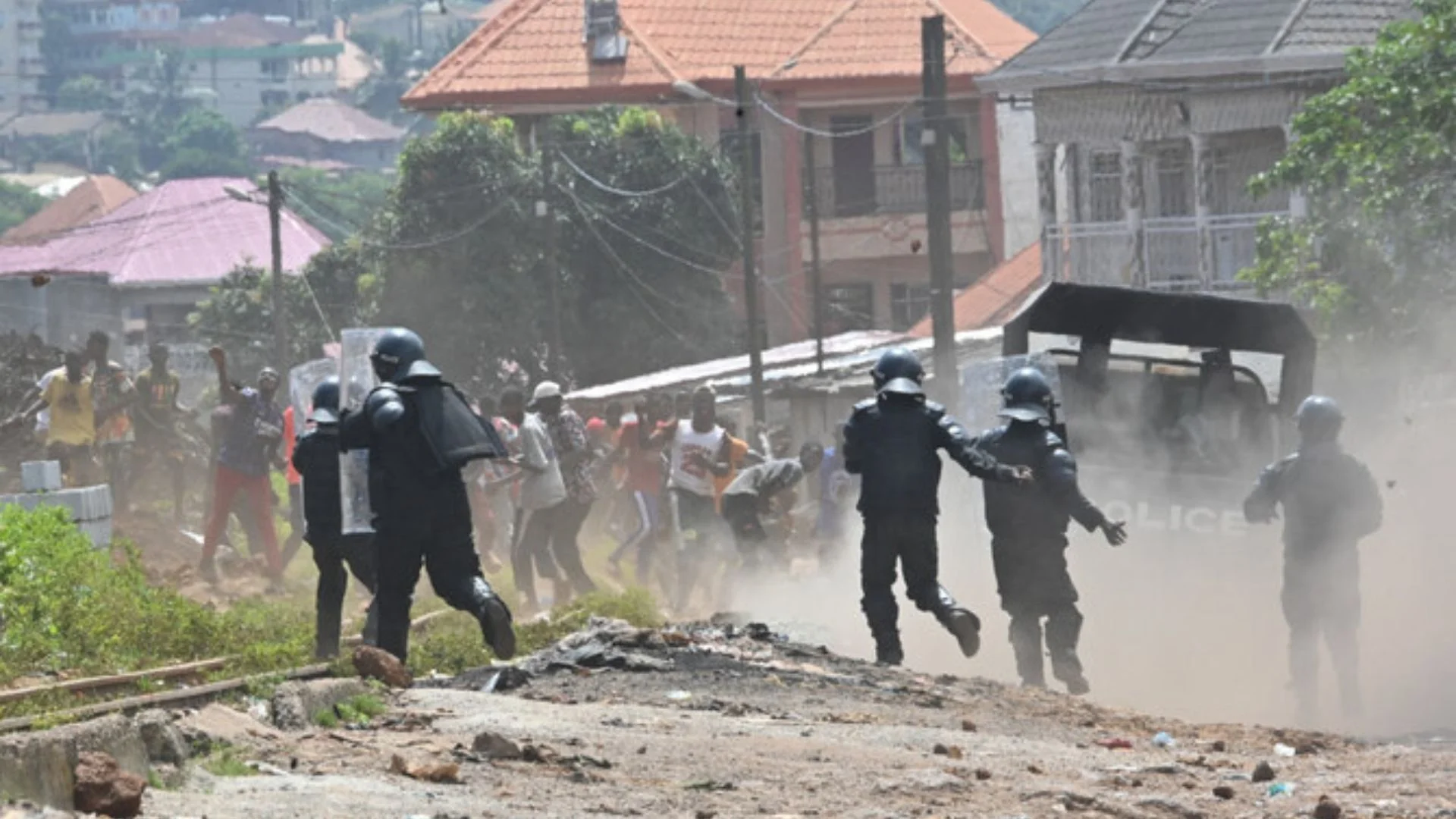Following reports of an extradition request from Dhaka’s interim government, India has extended the visa of former Bangladesh Prime Minister Sheikh Hasina. The decision, approved by the Ministry of External Affairs, comes amidst escalating tensions over Hasina’s political status and legal challenges in Bangladesh. This development comes hours after Bangladesh’s new interim government revoked the passport of Sheikh Hasina and 96 others, citing their alleged involvement in the July unrest and enforced disappearance of many protestors.
B’desh Revoke Passport of Hasina
Hours before the visa extension, Bangladesh’s new interim government revoked Sheikh Hasina’s passport, along with 96 others, citing alleged involvement in the July unrest and enforced disappearance of protesters. Two days earlier, the International Crimes Tribunal (ICT) in Bangladesh issued an arrest warrant for Hasina, demanding her appearance by February 12.
India Views Extradition Request as Legal, Not Diplomatic
Bangladesh’s interim government sent a diplomatic note (note verbale) seeking Hasina’s extradition. However, Indian officials emphasized the legal intricacies involved in extraditing a political leader to an interim government. According to sources, completing formalities and assessing legal aspects could take months, as well as explaining the decision to extend Hasina’s visa.
Political Asylum Unlikely
Despite granting the visa extension, India is unlikely to officially grant Sheikh Hasina political asylum due to the absence of specific laws addressing such cases. However, officials hinted at a cautious approach, emphasizing a thorough review of the extradition request.
Dhaka’s Pressure Tactics?
Major General Fazlur Rahman, chair of Bangladesh’s National Independent Commission of Inquiry, warned of possible interrogation in India if Hasina is not extradited. However, Indian officials see these developments as pressure tactics by Dhaka.
The Foreigners Regional Registration Office processed the visa extension, reportedly under the guidance of the Ministry of External Affairs. India will respond to Bangladesh’s note verbale “in due time,” signaling no immediate action.
This strategic delay aligns with India’s position of carefully navigating diplomatic and legal dimensions while maintaining regional stability.

